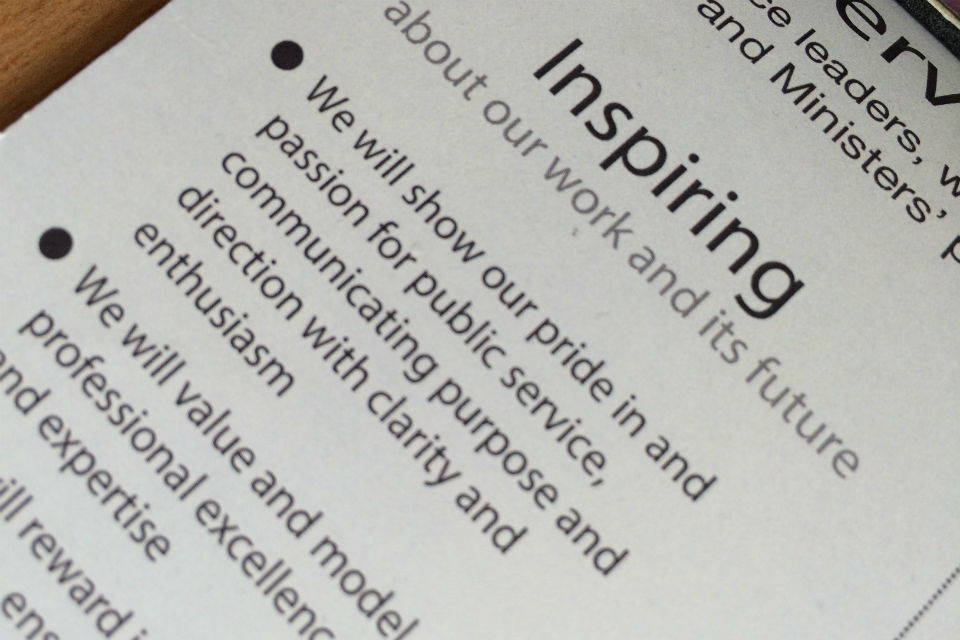
Good management is the bedrock of a high-performing workplace. But to be good managers, we need to get the basics right and then build up layers of experience, getting stronger over time. It’s about continued development rather than a ‘quick fix’.
Management Fundamentals, recently launched by Civil Service Learning (CSL), is built on this approach. You can access two versions of the programme on the CSL website – a free online version and a ‘blended’ version that combines online learning with ‘workshops’. Both versions enable civil servants up to Grade 6 to build the knowledge, skills and behaviours that are fundamental to managing in today’s Civil Service.
Over the past ten years, I’ve benefited immensely from the learning and development opportunities available to me. They’ve enhanced my ability to lead, manage and ultimately deliver, and helped me build my career. I’ve also seen countless civil servants grow in management capability as they work through development activities. These might start with small steps, but it’s inspiring to see how their learning gathers pace and delivers value, not only to them personally but to their teams and the broader Civil Service and our outcomes.

Managing yourself, people and relationships
Management Fundamentals starts with managing yourself – it’s the first developmental building block. Managers need to focus on their own development if they are going to put the same spotlight on others. The self-assessment tool that comes with the Management Fundamentals programme (there’s also a 360-degree feedback tool with the blended version) suggests ways of identifying and addressing managers’ capability gaps.
But if this is the foundation, the next key building block is managing people and relationships. This isn’t just about the people in your team – although guiding and developing them is integral to effective management – but also the partners you rely on and those who rely on you. We need everyone to be able to give of their best, and managers have a crucial role in helping others to realise their potential. Yes, we have high delivery expectations – and effective management is key to achieving those – but we also have a responsibility to help those we manage bring their unique strengths and perspectives to their roles.
Results, outcomes and values
This leads on to delivering results, the final building block of Management Fundamentals. This encompasses not only leading a team through change, but also how government projects are delivered and how public finances operate. Getting to grips with these areas will enhance your ability to deliver results, great outcomes and great values from our resources. And that’s what we’re here for.

Through all of this, I’d say that gathering feedback from others is essential. Finding out how others see us – our relationships, our management styles, the impact we’ve had and how we’ve delivered – is an incredibly useful way of taking stock and building on what we’ve already achieved. I’ve just had my ‘360’ for my end-of-year appraisal. It’s got lots of encouraging messages but equally some good pointers for my development going forward.
It’s a continuous cycle which, with focus and support, should help all managers become the inspiring leaders that a brilliant Civil Service needs.

2 comments
Comment by c posted on
Good management ought to start with at least a basic knowledge of the work the people they are managing actually do on a daily basis, and sufficient people skills to get the best of the various different individuals that they manage. Rather than simply ticking boxes, spouting buzz words and moving numbers about spread sheets.
Comment by Sharon Livesey posted on
It's great to see that good management practices are essential and recognised in the civil service as a foundation to build leadership capabilities ?